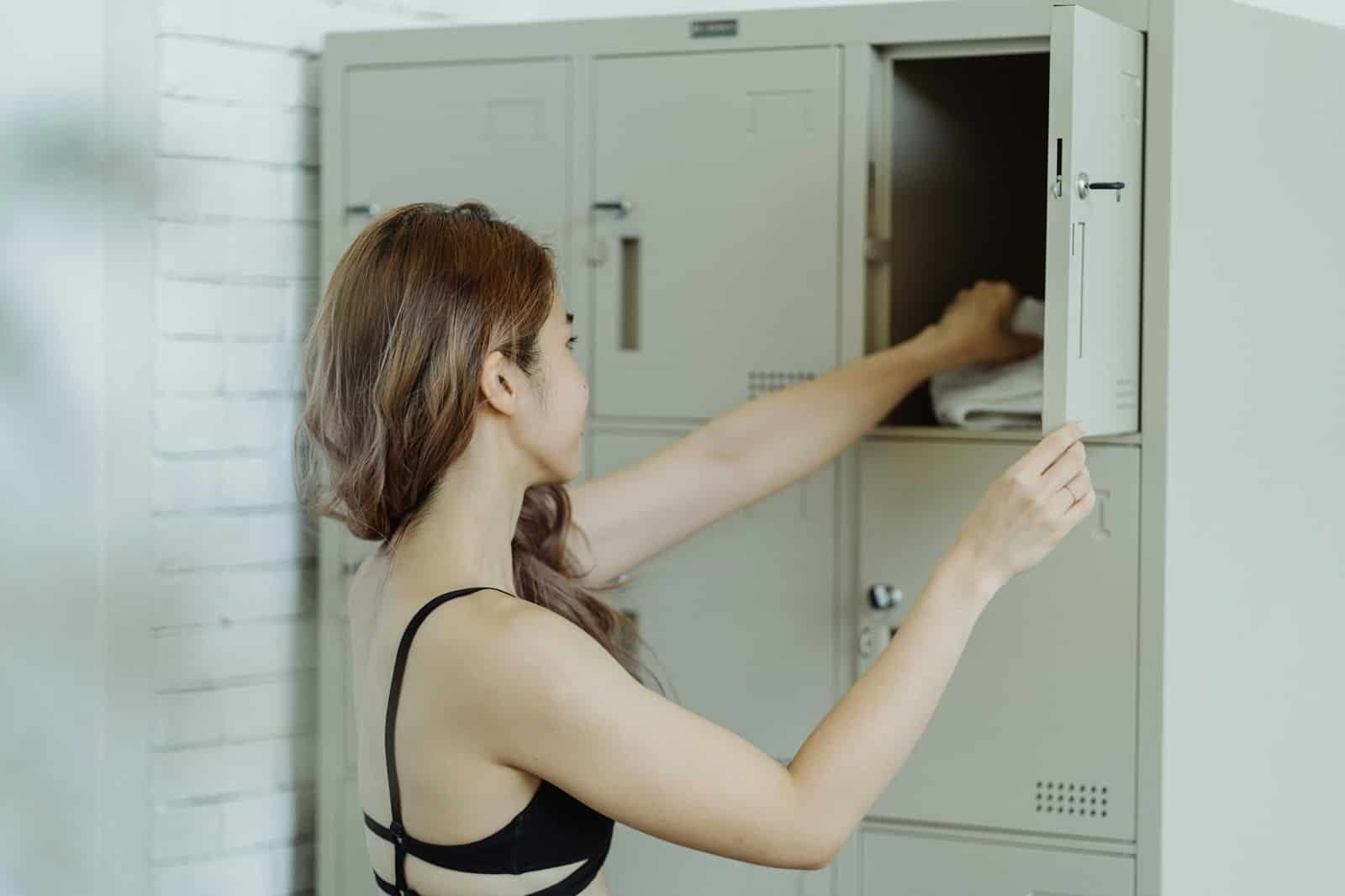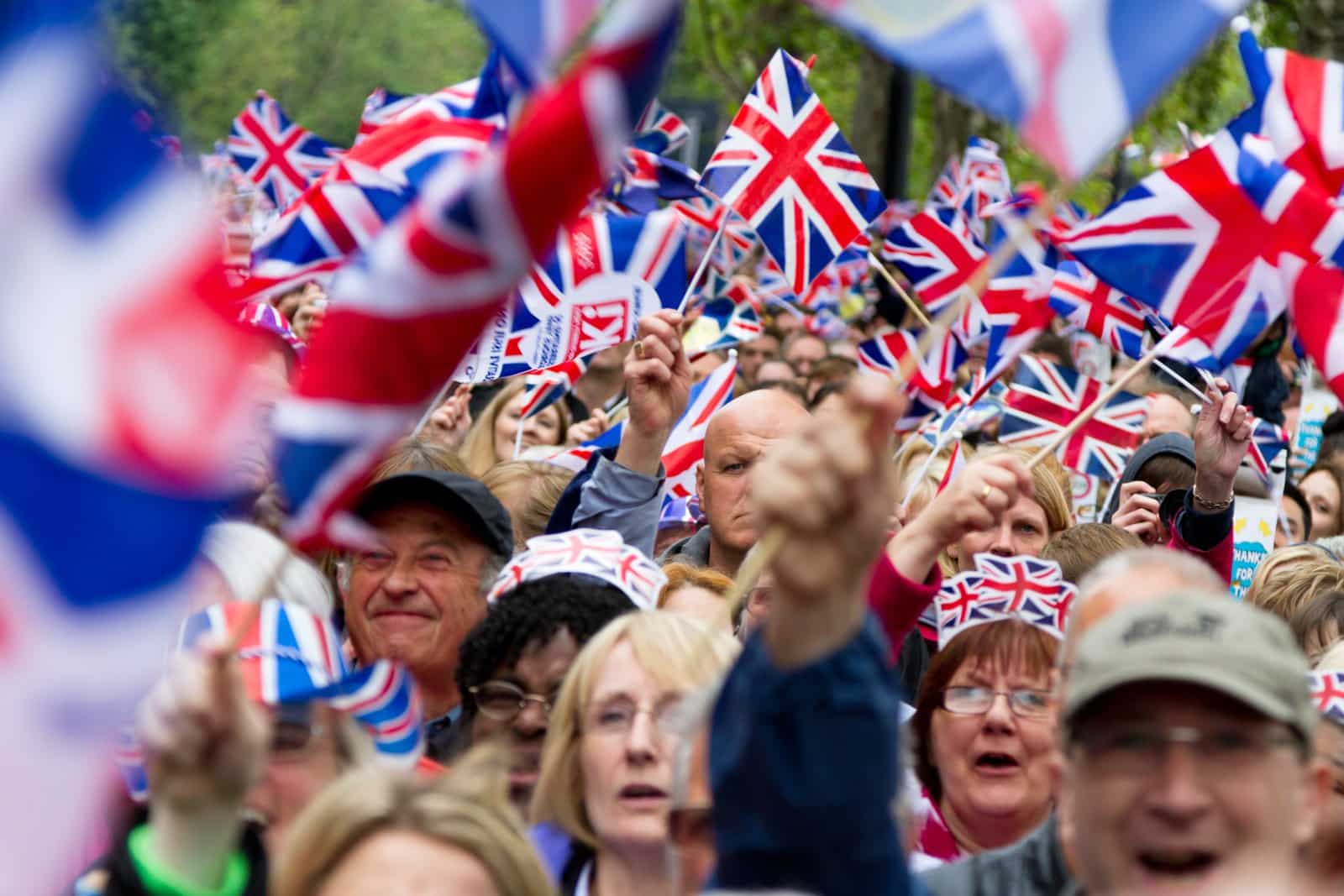Exploring British English reveals a collection of unique and often humorous words that can baffle outsiders. Here’s a quick look at 21 terms that capture the playful spirit of British linguistics.
1. Brolly

Short for an umbrella, because apparently anything that protects you from the rain needs a cute nickname. Useful for those notorious 14 seconds of unexpected sunshine before the clouds regroup.
2. Chuffed

To be very pleased about something. Not to be confused with being puffed out, though you might be chuffed after a good puff, meaning run.
3. Faff

To dither or fuss around. The British have elevated procrastination to an art form, and this word is the paintbrush.
4. Gobsmacked

Astonished or amazed. The kind of shock that metaphorically slaps you across the face. No gobs were harmed in the making of this expression.
5. Kerfuffle

A fuss or commotion, often over something minor. It’s the verbal equivalent of tripping over a pebble and turning it into a Broadway production.
6. Knackered

Extremely tired or exhausted. Not to be confused with the fate of old horses, though the feeling might be similar.
7. Miffed

Annoyed or upset. It’s like being miffed is the polite way of saying you’re irked, without causing a kerfuffle.
8. Naff

Something that’s a bit tacky or unfashionable. It’s the polite way of saying, “That’s not very nice,” about your friend’s new haircut without actually saying it.
9. Nutter

A crazy person. But in Britain, it’s almost a term of endearment. We all have a favourite nutter.
10. Pants

Not the American trousers, but the British underwear. Leads to much confusion when an American says they need to change their pants after a sudden downpour.
11. Peckish

Slightly hungry. Because saying you’re hungry is just too straightforward.
12. Quid

Slang for the British pound. Handy for when you want to sound more British while haggling at a car boot sale.
13. Skint

Having no money. Often occurs after spending too many quid.
14. Squiffy

A little bit drunk. Not fully sloshed, just pleasantly tipsy.
15. Tosh

Nonsense. Because the British needed another way to express disbelief at the absurd.
16. Twit

A foolish or annoying person. It’s almost affectionate in its disdain.
17. Waffle

To talk or write a lot without saying anything important. Not to be confused with the delicious breakfast item, though both can be syrupy.
18. Whinge

To complain persistently. Whinging is to complaining what tea is to beverages—quintessentially British.
19. Wonky

Something that’s unsteady or not quite right. Like a table with one short leg or the current state of British politics.
20. Zonked

Completely exhausted. For when “knackered” just doesn’t quite cover it.
21. Bob’s Your Uncle

And there you have it; a phrase that magically concludes processes or instructions. The origins are as mysterious as the reason why Bob gets all the credit.
And there you have it — a quick tour of British linguistic quirks. These words not only amuse but also showcase the charm of British English. Now, with a bit of luck, you won’t be totally gobsmacked next time you hear them!
Featured Image Credit: Shutterstock / MAYA LAB.
For transparency, this content was partly developed with AI assistance and carefully curated by an experienced editor to be informative and ensure accuracy.
The images used are for illustrative purposes only and may not represent the actual people or places mentioned in the article.

